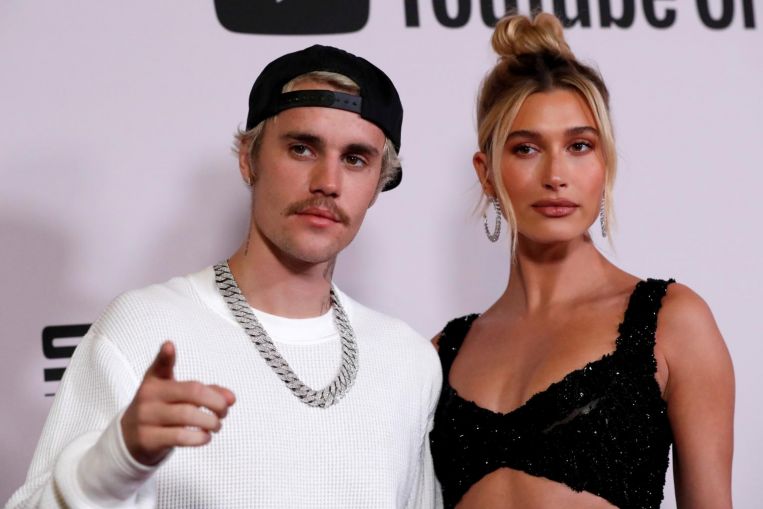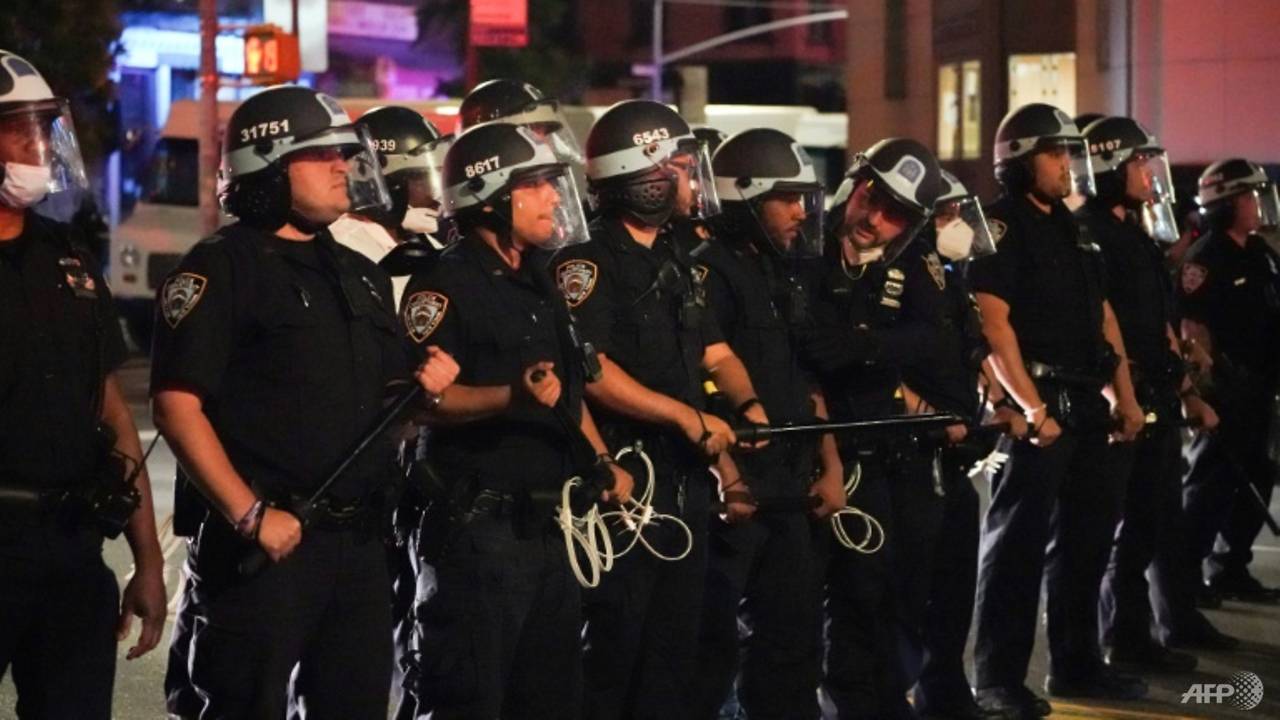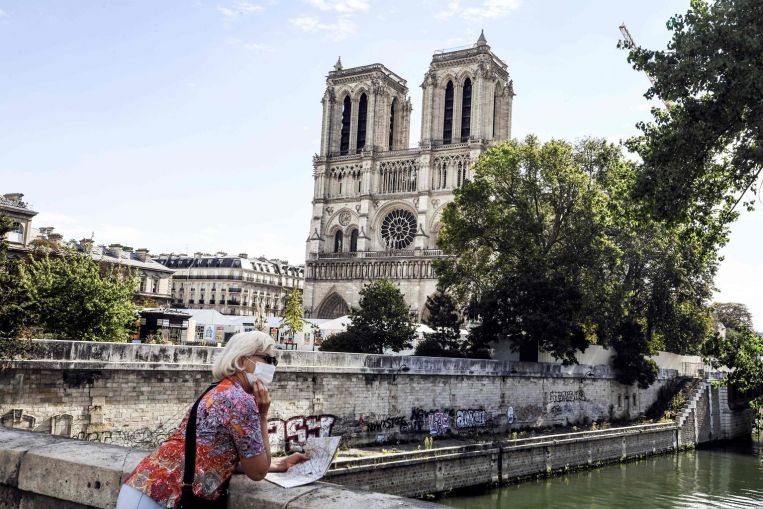DUBAI • Saud Waled Ibrahim raps in a mixture of Arabic and English, a blend that has become a hallmark of a hip-hop scene in search of its identity in the United Arab Emirates (UAE).
The burly Emirati, better known as SG, is recording a new track in his small but modern studio in a low-key part of the Gulf state best known for its glittering skyscrapers and artificial palm-shaped islands.
"There is no country that doesn't have rap… but we're still seen as intruders," said the 24-year-old, sporting an over-sized Adidas T-shirt and obligatory headphones.
In a country made up of residents drawn from all over the world and with little street culture to speak of, the hip-hop scene has yet to find its "sound", he said.
Growing up to the beats of American rappers Tupac and Eminem, SG said it was the genre's tradition of free expression that drew him in, even if as the years went by, reality bit.
"As we got older, we realised we are a society with deep-rooted principles, which we can't violate," he said of his generation of performers.
Born in the street culture of the United States in the 1970s, hip-hop has spread across the world and given a voice to young people, particularly those in marginalised communities.
Before making its way to the Gulf, rap emerged as an art form in other Arab countries, where performers defy censorship and repression to address sensitive political and social issues.
The oil-rich UAE is considered one of the more open states in the Gulf region, even if security laws remain stringent.
It has invested heavily in arts and cultural events and a handful of home-grown rap names have emerged among those who have settled in the UAE, including Freek and Adamillion, who are both from Somalia.
But like the wider cultural scene, the hip-hop community is trying to find its place in a conservative country, where foreigners make up about 80 per cent of the population and where provocative or explicit topics are taboo.
"Unlike in France, the US, Morocco, Egypt… we don't have our own sound because we are more focused on foreign influences rather than our own creativity," SG said.
Hassane "Big Hass" Dennaoui, a UAE-based host of a radio show dedicated to hip-hop, said although identity in the region is still evolving, one thing for sure is that it is "one of diversity".
Originally from Saudi Arabia, Big Hass, with his signature bandana and white beard, founded The Beat DXB, which organises live performances and promotes regional artists.
By drawing performers from all over the world, the UAE is rich in languages and culture, he said, even if many are content to stick to lyrics about life and love rather than political issues of the day.
"When I talk to a Palestinian rapper, he asks how can we talk about love when I have an army tank on the roof of my housRead More – Source
DUBAI • Saud Waled Ibrahim raps in a mixture of Arabic and English, a blend that has become a hallmark of a hip-hop scene in search of its identity in the United Arab Emirates (UAE).
The burly Emirati, better known as SG, is recording a new track in his small but modern studio in a low-key part of the Gulf state best known for its glittering skyscrapers and artificial palm-shaped islands.
"There is no country that doesn't have rap… but we're still seen as intruders," said the 24-year-old, sporting an over-sized Adidas T-shirt and obligatory headphones.
In a country made up of residents drawn from all over the world and with little street culture to speak of, the hip-hop scene has yet to find its "sound", he said.
Growing up to the beats of American rappers Tupac and Eminem, SG said it was the genre's tradition of free expression that drew him in, even if as the years went by, reality bit.
"As we got older, we realised we are a society with deep-rooted principles, which we can't violate," he said of his generation of performers.
Born in the street culture of the United States in the 1970s, hip-hop has spread across the world and given a voice to young people, particularly those in marginalised communities.
Before making its way to the Gulf, rap emerged as an art form in other Arab countries, where performers defy censorship and repression to address sensitive political and social issues.
The oil-rich UAE is considered one of the more open states in the Gulf region, even if security laws remain stringent.
It has invested heavily in arts and cultural events and a handful of home-grown rap names have emerged among those who have settled in the UAE, including Freek and Adamillion, who are both from Somalia.
But like the wider cultural scene, the hip-hop community is trying to find its place in a conservative country, where foreigners make up about 80 per cent of the population and where provocative or explicit topics are taboo.
"Unlike in France, the US, Morocco, Egypt… we don't have our own sound because we are more focused on foreign influences rather than our own creativity," SG said.
Hassane "Big Hass" Dennaoui, a UAE-based host of a radio show dedicated to hip-hop, said although identity in the region is still evolving, one thing for sure is that it is "one of diversity".
Originally from Saudi Arabia, Big Hass, with his signature bandana and white beard, founded The Beat DXB, which organises live performances and promotes regional artists.
By drawing performers from all over the world, the UAE is rich in languages and culture, he said, even if many are content to stick to lyrics about life and love rather than political issues of the day.
"When I talk to a Palestinian rapper, he asks how can we talk about love when I have an army tank on the roof of my housRead More – Source












